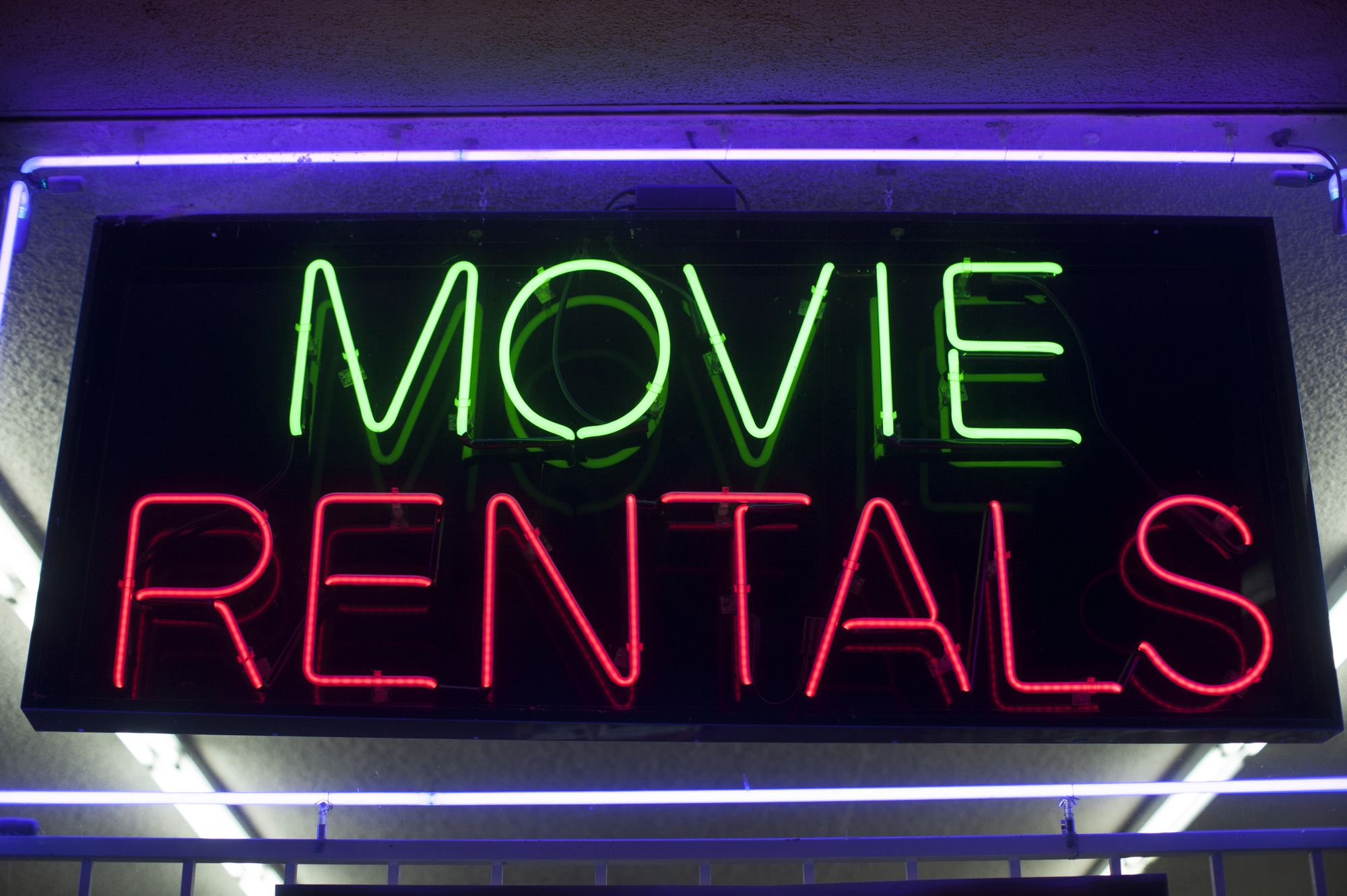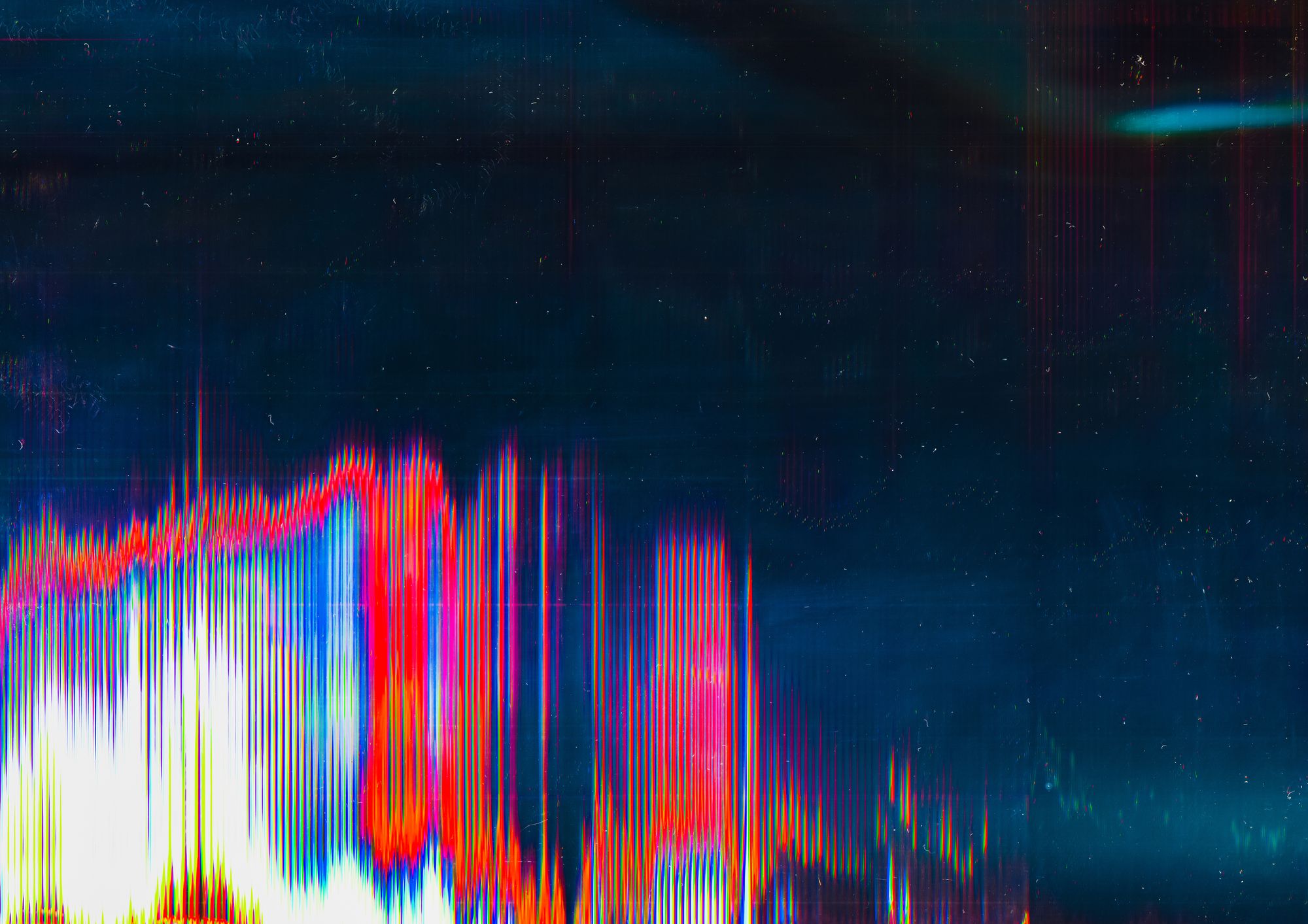When I was young, my family rented stacks of movies from the tiny video store in our quiet mountain town. We watched a ton of films at home, then on weekends we watched more at the theater - sometimes two in a row in winter. I assumed this was normal, and consuming stories was how families spent time together.

I never thought I could work in film. Working in Hollywood seemed as improbable as walking on the moon. Once I decided to give it a shot, I was living in San Francisco, which made it even more improbable. When the HBO show “The Untitled Michael Lannan Project,” came to town, I tried for months to find a way in. After exhausting all my options, I decided it was time to move on and try my luck in LA.
I took photos of my apartment and listed it on Craigslist as a short term rental. That same day, the HBO show's creator Michael Lannan happened to be looking for a sublet. When he responded to my ad, I immediately recognized his name. I stood up when I saw it in my inbox. It seemed unbelievable. The email said he was “coming to SF to make a TV show,” and he came to see my place a few days later.
I ended up keeping my apartment, though. I needed it when I got hired as Michael's assistant for the show. Talk about improbable!
From there one project led to another. I worked assisting film directors and producers for five years. I loved being part of a crew. It’s like a village; each person plays a unique and valuable role. I felt lucky to work with directors, writers, and actors I’d admired from a young age – the people who’d made the movies my siblings and I carried out in stacks from the video store.

After an experience film professionals euphemistically refer to as "a tough show," I transitioned to working in business. Soon, I found myself using data to tell stories about things like revenue and performance. I used it to solve problems and improve results. So simple, yet like a superpower.
I discovered a whole field dedicated to putting data to use – data science. Everything I’ve learned since has confirmed that data science is, in fact, a superpower. People have used it to catch serial killers, address inequalities, and improve health care. It’s behind artificial intelligence (AI), natural language processing, facial recognition, and more.
Some parts of data science are mind-bendingly technical, but at their core they’re just creative applications of probability. Everything from quantum mechanics to your life experience is a matter of probability. How you came to read this sentence, for example, can be understood as the outcome of a series of probabilities.

I often wonder about the probability of landing my first job in entertainment the way I did. It seemed impossible, and yet it happened.
Stories, I’ve realized, are built on probabilities too. They play with our sense of what is possible, what is likely. Film actually has a lot in common with data science – both use relatively new technologies to provide outlets for human imagination. Both are tools for understanding our world. Both tell stories. And now, for better or for worse, they’re merging forces.
Data science and AI are already changing the landscape of entertainment in the wildest ways. There are things happening right now you might not even know are possible. Some fear new technologies could kill creativity in film, but it doesn't have to be like that. After all, since the birth of the medium, the only constant has been change.
Filmmakers need to stay informed, however, or all the big decisions will be made without them. That’s why Film ♥︎ Data was created: to be a knowledge resource for the film community.
We don't know what the future will bring. But we'll stay on top of it, and keep you posted.